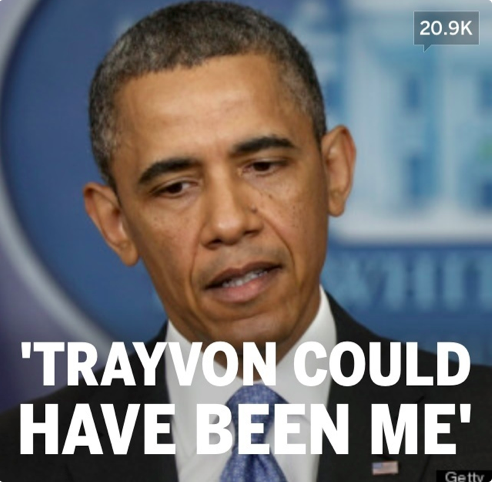In a time
when a lot of my peers were being named Keisha (by far the most popular black
girl name of the 1970s and beyond), they named me Danielle. They had a lot of
reasons for choosing the name “Danielle.” Both my parents’ names
began with “D” so they were giving all their kids “D” names. My
mother thought I just “looked” like a Danielle when I popped out of her
yoo-hoo. And also they wanted me to assimilate.
Assimilate
is a dirty word for me because in reference to black people surviving in
America it’s both necessary and completely worthless all at the same time.
Necessary as in, having the name Danielle Belton could mean
my resume didn’t immediately go into the garbage when they were
screening out all the Keishas that day, but futile because I started a site
called “blacksnob.com”
and it’s on my resume along with me being a member of Zeta Phi Beta Sorority,
Inc. and a member of the National Association of Black Journalists. Never mind
all the black publications I’ve written and worked for. So everything about my
resume screams BLACK LADY even if my parents tried to turn me into some racial
Terminator, stealthy moving about society, showing up at job interviews all
“SURPRISE BLAKC GIRL!”
You can
name me Danielle, but you can still see I’m black.
And I can
straighten my hair for the job interview so I can seem more
“approachable” or whatever straight hair is supposed to mean, but you can still
see I’m black. And I can speak the King’s English, dress posh and throw
my college degree and upper middle class background around and …
that’s nice and all, but you can still see I’m black. Assimilation is the
greatest and most important waste of time any black person will ever engage in.
Because it essentially means spending your life anticipating someone else’s
prejudices, then trying to modify your behavior to prove you’re a special,
different, extraordinary Negro, not to be confused with Lil Wayne or the guy on
the evening news who rammed a car in to a hair weave store and ran
off with $10,000 worth of Indian Remy.
But what
good does it really do? A random black woman you do not know “gets
loud” in line at the store and the store is full of white folks and you. And
some of those white folks, they look at you like you know some special Negro
Whisperer magic that can make this woman stop acting a fool. And you’re like,
what? You don’t know that woman. What are you supposed to do?
Avoid eye contact with everyone and experience secondary embarrassment
and wonder why on Earth do you have to feel responsible for the strange loud
black woman you don’t even know? What does she have to do with you? Maybe they
messed up her order? Maybe she has every right to be mad? But you want her to
shut up, if only because someone keeps looking at you and you are not the Negro
Whisperer.
Assimilation
is sort of this way to say, “No wait, but I’m cool” to white people who
may or may not be prejudiced against black people. But it almost never works
the way it should. It never goes “Oh, Danielle is nice. I bet most black people
are just regular human beings and stuff.” It always goes, “Danielle is
nice. She must be magic and special unlike the rest of those crazy black people
who frighten me.” But I am not magic, nor am I special. I am just wearing some
straight hair, King’s English camouflage. If you turn on the song “Poison” by
Bell Biv DeVoe I’m just as likely to shout, “OH SNAP, THAT’S MY JAM” and start
dancing like any other person who has an affinity for such music.
I’m still
black.
Racism has
played some pretty horrible tricks on black people but the worst is the one
that teaches you that if you just modify your behavior, if you just dress,
talk, walk, act differently, the doors will open and the prejudices will melt away,
but that’s a lie. The prejudices stay the same, but your individual treatment
might slightly improve. For example, the President of the United States can’t
say bluntly anything about race and he has the nuclear launch codes. Somehow,
for certain white folks, the potential of blowing up another country is less
controversial than admitting racism still exists in America. Why? Because
President Obama has to assimilate. Yet, for what? All you ever hear from
racists are fried chicken and watermelon jokes and how he’s such an “urban”
president and how his obviously not overweight wife is “fat.” For all the good
assimilation has done to get him where he’s gotten in life (it got him all the
way to the White House!), at the end of the day he still might as well wear a
doo-rag and smoke a Newport on the South lawn because he’s not fooling anyone.
They can
still see you’re black. They can still see we’re all black. And yet we try and
try and try.
Nice work,
racism.
Source: http://www.clutchmagonline.com/2013/07/to-assimilate-or-not-the-black-persons-lament/
Author:
Danielle C. Belton

